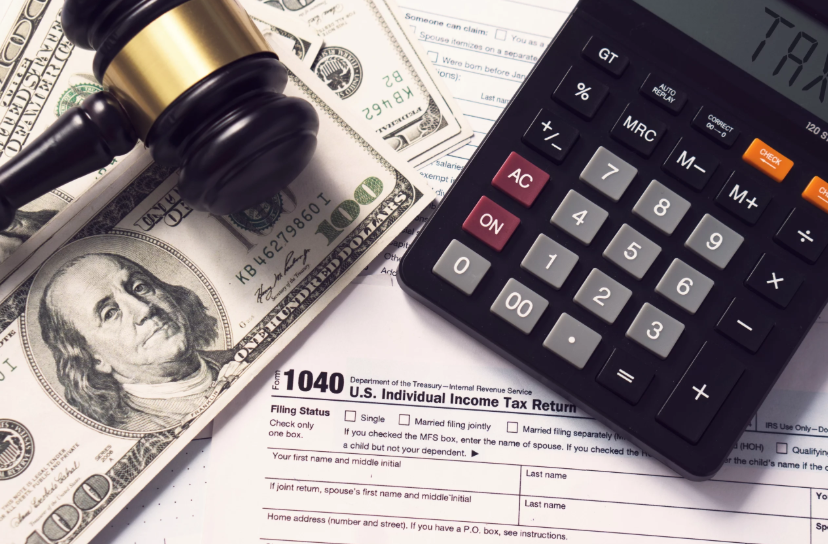Chapter 13 Survival Guide: Managing Raises, Tax Refunds, and Car Repairs Under Your Plan
A repayment plan that typically lasts three to five years lays out the path toward financial recovery when you file for Chapter 13. Life will not pause during that time. Raises happen. Tax refunds arrive. Car repairs show up unexpectedly. This guide explains how each of those events may affect your Chapter 13 case and how to handle them so you stay in compliance with the plan.
What Chapter 13 Requires
Individuals with regular income can propose a repayment schedule under Chapter 13 to spread out debt payments over time. The debtor must report income, expenses, assets, and liabilities fully. The plan must show how much disposable income (that is, income minus reasonable and allowable expenses) can be contributed each month toward creditors. The trustee monitors compliance throughout the plan’s life.
Handling Raises Properly
When you receive a raise, you must notify the bankruptcy trustee. The reason is that if your raise significantly increases your disposable income, then the trustee may ask for the plan payments to increase.
“Significant” is not precisely defined in every case, but any material change in income that gives you more cash on hand after covering living expenses could trigger scrutiny. If your expenses rise in proportion (for example, more taxes or increased household costs), then disposable income may remain similar, and payments may not change.
Failing to report a raise can lead to serious consequences. The court may view nondisclosure as failure to make full disclosure, which can result in dismissal of the case or other sanctions.
See also: Business Card Printing with Adobe Tools
Tax Refunds: What Happens to Them
In most Chapter 13 cases, tax refunds become part of your “bankruptcy estate.” This means that the trustee may require you to turn over refunds as part of your payment plan. The timing of earning income, filing your petition, and whether the refund is already in hand matter.
Still, there are circumstances under which a debtor may keep at least part of a refund. If you can show a specific need or unforeseen expense, for example, major car repairs, a medical In the case of a procedure or other emergency, the trustee or the court may allow an exception. To do this, you generally must file a motion or seek court approval and provide documentation of the expense.
If you anticipate a substantial refund, please consult with your attorney in advance. It may make sense to adjust your tax withholding so that you are not overpaying through the year and creating a large refund that gets captured.
Car Repairs During the Plan
Vehicle repairs may qualify as unforeseen expenses. If your car breaks down and requires major repairs, or if the costs are too high to postpone, you may request that some funds (possibly from a refund or other income) be used for those repairs. The court or trustee must approve such use.
In the repayment plan budget you submit (often in Schedule J for expenses), you may include a projection for such repairs if you know they will come up. Being realistic and transparent about vehicle maintenance expenses helps avoid objections. If you did not budget for a major repair, then getting approval after the fact may require detailed evidence of necessity.
Balancing Changes: What to Watch Out For
Changes in income or expenses may prompt modification of the Chapter 13 plan. The process requires demonstrating the change, explaining how it affects disposable income, and obtaining agreement from the trustee or court.
Keep careful records of all changes: pay stubs when you get a raise, receipts for repairs, and copies of your tax refund and returns. The trustee or creditors may request proof.
Also consider whether the change in income or expense will shorten the plan term, increase your monthly payments, or change how much you deliver in unsecured-creditor or priority payments.
Navigating raises in wages, tax refunds, and sudden car repairs, all while under a Chapter 13 repayment plan, requires prudence, transparency, and cooperation with the trustee. If you are in Tampa Bay and working through a Chapter 13 case, a good bankruptcy lawyer can guide you through reporting income changes, making motions for relief from refund turnover, and keeping your car roadworthy without jeopardizing your discharge. For assistance tailored to your circumstances, contact Weller Legal Group.






